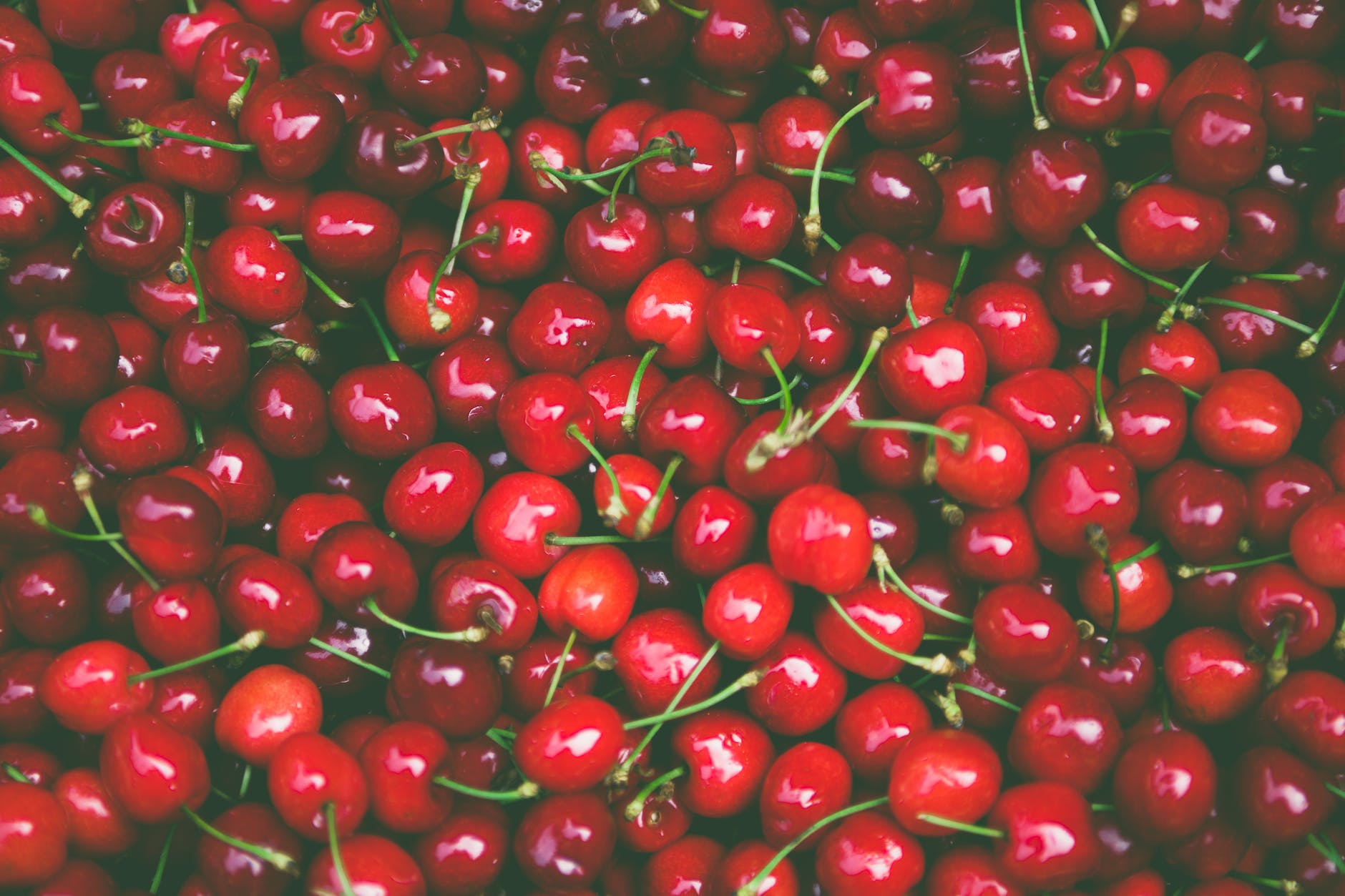
I. Introduction:
Mangosteen, a tropical fruit native to Southeast Asia, is not just a delightful treat but also a reservoir of numerous health benefits. This guide will explore the various health and nutritional advantages of incorporating mangosteen into your diet, backed by scientific evidence and practical insights.
II. Overview of Mangosteen:
A. What is Mangosteen?
- Mangosteen (Garcinia mangostana) is a tropical fruit known for its juicy, flavorful arils and thick, purple rind. It’s often referred to as the “queen of fruits.”
B. Nutritional Profile:
- Rich in vitamins (especially vitamin C), minerals, and antioxidants, mangosteen provides essential nutrients for overall health.
III. Health Benefits of Mangosteen:
A. Antioxidant Properties:
- Mangosteen is packed with xanthones, powerful antioxidants that fight oxidative stress and inflammation, promoting overall health.
B. Anti-Inflammatory Effects:
- The anti-inflammatory properties of mangosteen may help alleviate symptoms of various inflammatory conditions.
C. Supports Immune System:
- The vitamin C content in mangosteen aids in bolstering the immune system, enhancing the body’s resistance to infections.
D. Skin Care Benefits:
- Mangosteen’s antioxidants and anti-inflammatory compounds contribute to skin health, potentially reducing signs of aging and skin inflammation.
E. Potential Weight Management:
- Some studies suggest that mangosteen may aid in weight management by promoting fat metabolism.
IV. Mangosteen in Various Forms:
A. Fresh Fruit:
- Consuming fresh mangosteen provides immediate nutritional benefits and a refreshing taste.
B. Mangosteen Tea:
- Mangosteen tea, made from the fruit’s rind, offers a convenient way to enjoy the fruit’s health benefits.
C. Mangosteen Supplements:
- Supplements provide a concentrated dose of mangosteen’s beneficial compounds.
V. Mangosteen During Pregnancy:
A. Nutritional Support:
- Mangosteen offers essential nutrients beneficial for pregnant individuals, supporting both maternal and fetal health.
B. Precautions:
- Consult a healthcare provider to ensure safe and appropriate mangosteen consumption during pregnancy.
VI. Frequently Asked Questions (FAQs):
1. Can Mangosteen Aid in Skin Care?
- Yes, mangosteen’s antioxidant and anti-inflammatory properties may contribute to enhanced skin health.
2. Is Mangosteen Tea Beneficial?
- Mangosteen tea offers a convenient way to access the fruit’s health benefits, including antioxidant and anti-inflammatory effects.
3. Can Pregnant Individuals Consume Mangosteen?
- While mangosteen provides essential nutrients, it’s crucial for pregnant individuals to consult healthcare professionals for personalized guidance.
4. Are There Any Side Effects of Mangosteen Consumption?
- Excessive mangosteen consumption may lead to digestive issues. Moderation and medical consultation ensure safe consumption.
VII. Conclusion and Final Thoughts:
In conclusion, mangosteen stands as a nutritional powerhouse, offering a plethora of health benefits ranging from antioxidant protection to immune support and potential skin care advantages. While enjoying the delectable taste of mangosteen, individuals can simultaneously bolster their health and well-being. However, as with any dietary inclusion, moderation, and professional healthcare consultation are paramount, ensuring the maximization of benefits while mitigating potential risks. Embark on the journey to enhanced health with the delightful and nutritious mangosteen, unlocking the myriad of wellness opportunities it holds.











